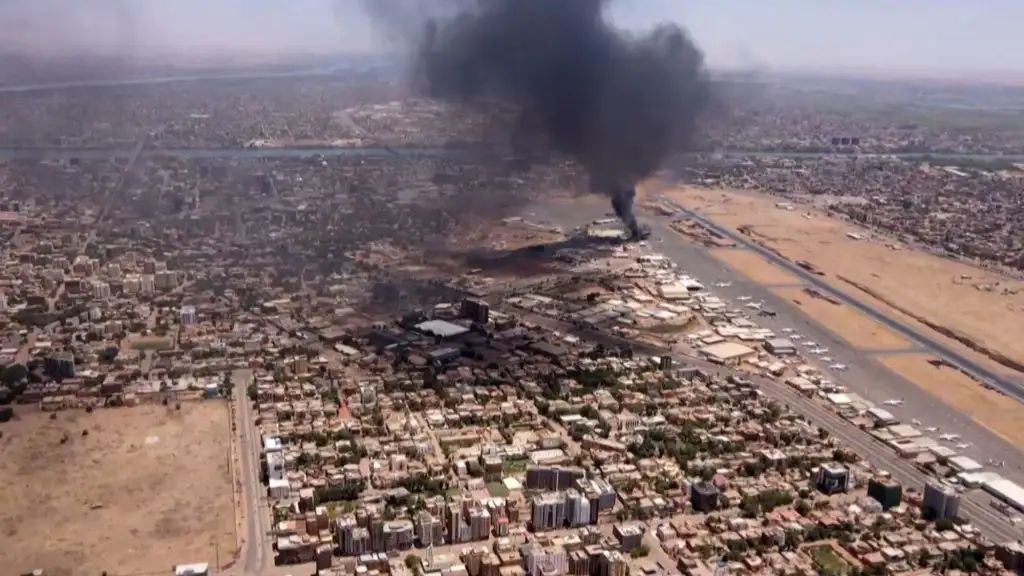At Least 21 Killed in Market Airstrike Amid Ongoing Sudan Civil War
2 min read

In a devastating escalation of the civil war in Sudan, an airstrike on a civilian market in southeastern Sudan has claimed the lives of at least 21 people and left 63 others injured. The attack occurred on Sunday in Sennar state, an area heavily affected by the ongoing conflict between the Sudanese Armed Forces (SAF) and the paramilitary Rapid Support Forces (RSF).
Tawfiq Muhammad Ali, the acting governor of Sennar, confirmed the casualties on Monday through the state-run news agency SUNA. According to the Emergency Lawyers group, which monitors human rights abuses and civilian casualties, the death toll from the air raid may be higher than initially reported, with over 30 people believed to have been killed.
The RSF, which has controlled Sennar since capturing the city in July, has yet to respond to the accusations of launching the airstrike. The activist group also reported a similar incident in the nearby town of al-Souki, where four additional civilians were killed. This attack was attributed to the SAF, further exacerbating the tensions between the warring factions.
Both the SAF and RSF have been frequently accused of targeting civilians and critical infrastructure in their bid for control. The responses from either side have not yet been received. The ongoing conflict, which began in April 2023, has resulted in the deaths of at least 18,000 people and displaced over 10 million others, according to recent estimates. The United Nations has described the situation as one of the worst humanitarian crises in recent history, with more than half of the Sudanese population facing severe hunger.
A recent UN inquiry into the conflict has uncovered a range of human rights violations committed by both the SAF and RSF. The report detailed numerous abuses, including indiscriminate airstrikes and shelling targeting civilians, schools, hospitals, and essential services like water and electricity supplies. These actions, the UN stated, could potentially amount to war crimes.
The UN inquiry recommended deploying an independent force to protect civilians and called for a nationwide arms embargo to mitigate the violence. However, the Sudanese foreign ministry has rejected these recommendations, criticizing the report and its findings.
As the civil war continues to ravage Sudan, the international community remains deeply concerned about the humanitarian impact and the potential for further escalation. The conflict’s toll on civilian lives and infrastructure underscores the urgent need for a resolution to the violence and a concerted effort to address the dire humanitarian needs of the population.